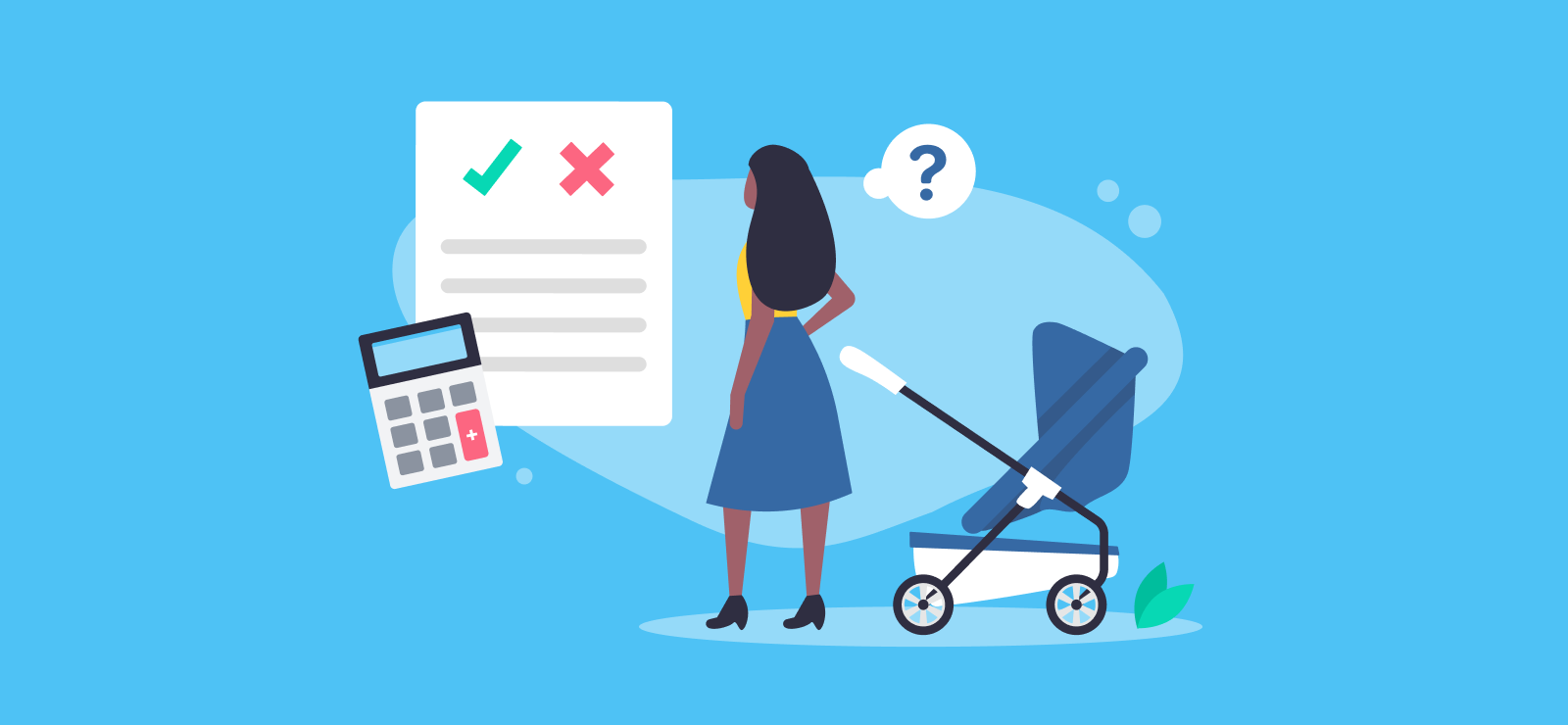

What Are Shares and Who Can Own Them?
Limited companies are a separate legal entity to their owners, but they do still need an owner of some sort. These owners are called shareholders, because they hold a ‘share’ of the business.
Most small companies start out with one or two shareholders, who are usually also the company directors. Directors have a different role to shareholders, but it’s possible to be both at the same time – but why would anyone want to be a shareholder? In this article, we’ll look at what shares are, who can own them, and what that means for tax.
What are shares?
At the most basic level a share in a company is, as the name suggests, a share of the ownership. This means that the value of a business (the ‘equity’) is divided between the shareholders.
What’s the point of owning shares?
Owning shares makes you a shareholder and, depending on the type of share you own, this might mean you receive a share of a company’s profits (by receiving a dividend payment) or have some control over the company.
Dividends are payments made from a company’s profits so, if the business is doing well and making lots of profit, being a shareholder can be another way to earn income. Shareholders can also sell their shares to someone else and earn money that way.
For example
If you own 100% of the shares then you are the sole shareholder, you own the entire company yourself, and you’ll receive 100% of the dividends. If you own 70% of the shares and another shareholder owns 30%, then you’ll receive 70% of the dividends, and so on.
Being a majority shareholder, where you own 51% of the shares or more , also means you have more power over what happens with the business. Their ongoing value means that shares are usually treated as an asset, for example:
- They will form part of your estate after death
- As part of a calculation of assets during a divorce settlement
Are all shares the same?
Not always! Companies can issue different classes and types of shares which can affect what the shareholder is entitled to.
| Ordinary Shares | These are the most common, usually giving the shareholder some control over the company and a cut of the profits according to how many shares they own. |
| Preference Shares | They essentially entitle the shareholder to preferential treatment, and they’ll get paid before other share types. |
| Cumulative preference shares | Cumulative preference shareholders have the right to receive a dividend the following year if there’s no profit in the current year. |
| Redeemable shares | The company can buy these back at a later date, either at a fixed point or when the company chooses. |
Then, just to make sure things are confusing, companies can also create different classes of shares. You might hear these called alphabet shares because of how companies tend to show them in their records.
For example
- ‘A’ shares might give the shareholder voting rights and a share of the profits
- ‘B’ shares might only give the shareholder dividends, but without any voting rights.
So, when you look at shares it’s a good idea to make sure you understand what your particular shares entitle you to. You can find information about what different types of shareholders are entitled to in the company’s memorandum and articles of association, and often in a shareholders’ agreement.
Who can own shares?
Shareholders tend to be people, but in the UK, a limited company can also own shares in any other company. Other types of business structure, such as general partnerships, can also own shares in a limited company.
Why might a business want to own shares?
This isn’t that unusual, and owners with multiple businesses will sometimes create a limited company to act as a holding company which owns the shares in all their different ventures, and then they’ll own the main parent company. Other reasons might include:
- Businesses that are cash-rich may choose to invest some of that cash by buying shares in other businesses purely for the income and capital growth that they would see. If you have a profitable and growing company, then it is entirely possible that you could sell shares to raise money.
- A business might wish to own a company that produces complementary products so that it can use these in a combined marketing strategy.
- The business may want to buy a supplier in order to reduce the cost of the supplies it needs, or to control who else has access to them (which could make life very difficult for their competitors).
- It isn’t unheard of for a business to buy out competitors so they own a larger market share.
Businesses owning shares in other businesses can get very complicated, especially when it comes to accounting and tax. Always take advice!
Will I pay tax if I own shares?
If you own shares then you might receive dividend payments from the company, or you might sell the shares and get paid that way. Sadly, there’s rarely any escape from paying tax, and the income you might get from either of these is no different!
Shares and dividend tax
Individuals who receive dividends normally need to pay dividend tax. This is a different rate to income tax, and the rate you pay depends on which tax bracket your income is in. There’s also a dividend allowance so the first £500 of dividends you receive is tax free. Use our online dividend tax calculator to see what this means for you.
There’s no limit on how often a company can issue dividends, or how much they are, as long as there’s enough left for the business to operate normally.
Because dividends are a share of the profits, the total amount is divided by how many shares there are, and then multiplied by how many of those shares the shareholder owns.
Again, keep an eye on the shareholder agreement or the company’s articles of association here. If the company creates different share classes, it might pay dividends at different rates depending on what type you own, so your cut of the profits might be different to someone else’s!
Do I pay tax if I sell shares?
If you sell shares for more than you paid for them, you’ve made a profit or, in HMRC-speak, a ‘gain’. Depending on how much of a gain you make, you might have to pay Capital Gains Tax.
Learn more about our online accounting services for limited companies. Call 020 3355 4047, and get an instant online quote.
Want to learn more?
Subscribe to our newsletter to get accounting tips like this right to your inbox

Read more posts...

The Accountancy Partnership – Our Positive Reviews
16th February 2026We’re proud of our customers’ reviews here at The Accountancy Partnership The reviews we receive from our customers show how hard we…
Read More
Maternity Pay for Self-Employed People
15th February 2026As a self-employed person you might be eligible to get Maternity Allowance payments for up to 39 weeks. It’s different to Statutory…
Read More
National Insurance for the Self-Employed
14th February 2026If you work for your own self-employed business, then you may need to pay National Insurance on the profits that you earn….
Read MoreConfirm Transactions
The number of monthly transactions you have entered based on your turnover seem high. A transaction is one bookkeeping entry such as a sale, purchase, payment or receipt. Are you sure this is correct?
Please contact our sales team if you’re unsure
VAT Returns
It is unlikely you will need this service, unless you are voluntarily registered for VAT.
Are you sure this is correct?
Call us on 020 3355 4047 if you’re not sure.
MTD IT Quarterly Updates
Your final, end of year MTD Income Tax submission is included in your fee.
You can submit the quarterly updates yourself using Pandle, or alternative bookkeeping software (which we recommend).
However, if you would prefer us to submit these updates, there is an additional fee of £35.00 per month.
Call us on 020 3355 4047 if you’re not sure.
Bookkeeping
You will receive our bookkeeping software Pandle for free, as part of your package.
You can use this to complete your own bookkeeping, or we can provide a quote to complete your bookkeeping for you.
Please select and option below:
Call us on 020 3355 4047 if you’re not sure.

